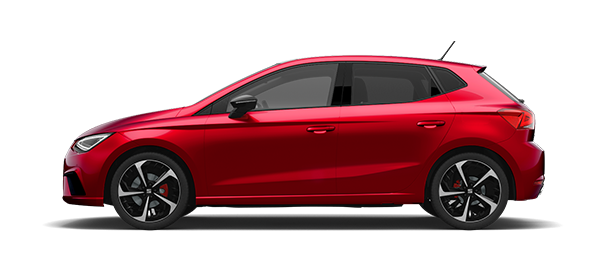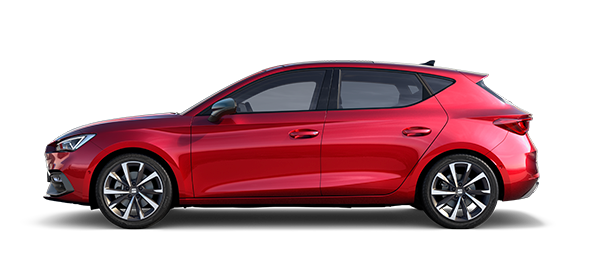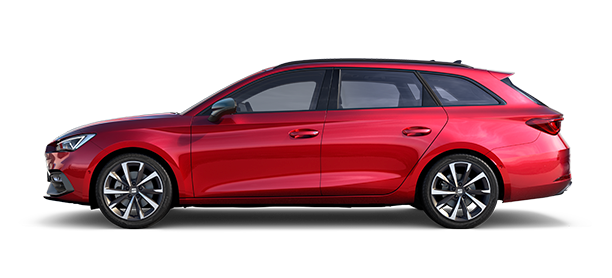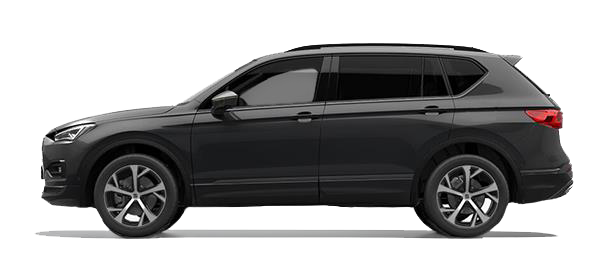A year ago, COVID-19 emptied the streets of countries around the world. The pandemic forced total lockdown. SEAT S.A. reacted immediately and within a week adapted the assembly line of the new Leon to manufacture emergency respirators to help hospitals. Today, the same production line, working at full capacity, is being used by CARS medical staff to perform antigen tests on the workers. Two pioneering initiatives, ten months apart, in which the company has not stopped moving in the fight against the pandemic.
On the front line.
50 SEAT CARS teams visit the production workshops seven days a week, morning, noon and night. They move their way down the line with a mobile antigen testing unit, just a few metres away from the workers. In this way, the 8,300 operators hardly have to interrupt their work to take the test. They’re all tested twice a week. “These rapid tests on the line enable us, without interrupting production, to make a very early diagnosis, and in the event of a positive result, to cut off the chain of transmission from the very first moment” says Dr. Patricia Such, Head of Health, Safety and Emergencies at SEAT.
SEAT, green zone.
We have implemented 107 preventive measures against COVID-19 this past year.
This is what epidemiology experts call areas where the risk of fresh outbreaks is minimal. And this is what has been achieved at SEAT, with more than 4,500 antigen tests per day, an initiative that soon will be applied by other Volkswagen Group companies. “By testing systematically, the possibility of infection inside SEAT is practically non-existent” says Dr. Such. In fact, with this and another 106 preventive measures, SEAT has achieved a positivity rate much lower than the average in its surroundings. This March it stands at 0.1%.
Pioneers in prevention.
This is not the first time that SEAT has taken the initiative. It did so back on 27 April 2020, when it became the first company in Spain to massively carry out PCR tests on its more than 15,000 employees. Since then, it has carried out more than 55,000 tests. “There is no prevention service in the world that was prepared for this pandemic, but we’ve been adapting day by day since the beginning with the health of our workers as our number one priority” adds Dr. Such. To this end, the head of Health, Safety and Emergencies acknowledges that it has been key to have a scientific committee, created in 2017 and which the virologist Dr. Bonaventura Clotet is part of, as it has enabled us to have the best information for decision-making.
Moving for society.
SEAT has not only been a pioneer in the fight against the pandemic within the company. Its response to society was immediate. It arrived in the form of emergency respirators for ICUs all over Spain three weeks after the declaration of the state of emergency. Against the clock, a team from different areas of SEAT was able to come up with the most ingenious ideas to manufacture them, using parts such as windscreen wiper motors. “The key to success was teamwork, perseverance and the desire we had to help” recalls Dr. Such.
Ready to vaccinate.
In February, SEAT S.A. reached an agreement with the Government of Catalunya for the company to help public health with the vaccination process of the population in its environment, once the availability of vaccines increases. “We need to intervene quickly to get everyone vaccinated as soon as possible” Dr. Such says. Anything to help relieve congestion in the health system. “We’ll do everything we can. Beating the virus is up to everyone. We can do it and we will do it” she concludes.









